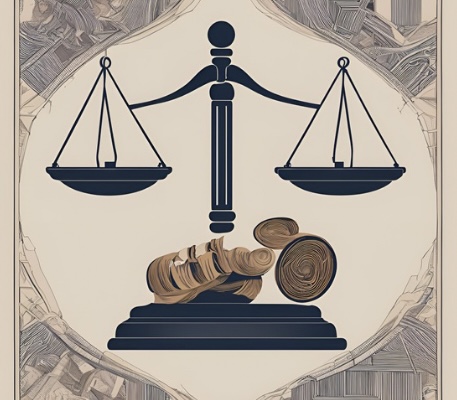Rivers’ allocations controversy has moved to a higher court. A Federal High Court barred CBN from releasing the funds to the state.
The Commissioner for Information and Communications, Joseph Johnson, disclosed this. He expressed optimism that a higher court will upturn the ruling. “We saw this judgment coming the way it did when the trial judge refused to allow 23 council chairmen as interested parties, rejected our objection on jurisdiction, and denied the state the chance to change its legal representation,” he told Punch.
The appeal reflects growing tensions around Governor Siminalayi Fubara’s authority and budget control.
High Court bars Release of Rivers’ allocations
In her judgment, Justice Joyce Abdulmalik, of the Federal High Court in Abuja, took issue with Governor Fubara’s budget practices and fiscal decisions. She held that presenting the 2024 budget to an assembly of only four members was a direct violation of constitutional provisions. Abdulmalik condemned Fubara’s receipt and disbursement of *Rivers allocations* since January as “a constitutional aberration.” She emphasized that the state can only receive funds from both the Consolidated Revenue Fund and Federation Account if an assembly is “properly constituted” under the Nigerian Constitution.
“Appropriation Bill for January to December 2024, being operated by the 5th defendant (Fubara), having not been approved by a lawful House of Assembly is illegal, unlawful, and a subversion of the 1999 Constitution,” Abdulmalik said. She issued an injunction prohibiting Fubara, the CBN, and various financial bodies from facilitating further fund transfers. Additionally, she voided decisions made by the four-member House, effectively annulling Fubara’s budget claims.
The Justice also addressed a previous decision from the Rivers High Court, which had validated Fubara’s budget. Abdulmalik noted that the Court of Appeal in Abuja has since nullified this ruling. Her ruling underscored the legal responsibility of the CBN to ensure allocations align with constitutional requirements.
Legal and political implications
The court’s decision has reignited tensions between pro- and anti-Fubara factions within Rivers State’s political landscape. Pro-Wike supporters, loyal to Amaewhule, celebrated the ruling, seeing it as a win for transparency and constitutional order. Speaking on behalf of this faction, Chibuike Ikenga, APC Publicity Secretary, praised the ruling. “This judgment has strengthened the rule of law,” he said. “The governor has consistently refused to obey prior court orders to present his budget to the Amaewhule-led House of Assembly. The court is only ensuring that governance respects the established legal processes.”
The government is also concerned about the potential ripple effect on local government services and payroll. “If this judgment stands, civil servants in the third tier of government and council employees, including teachers, will suffer,” Johnson said.

Leave feedback about this